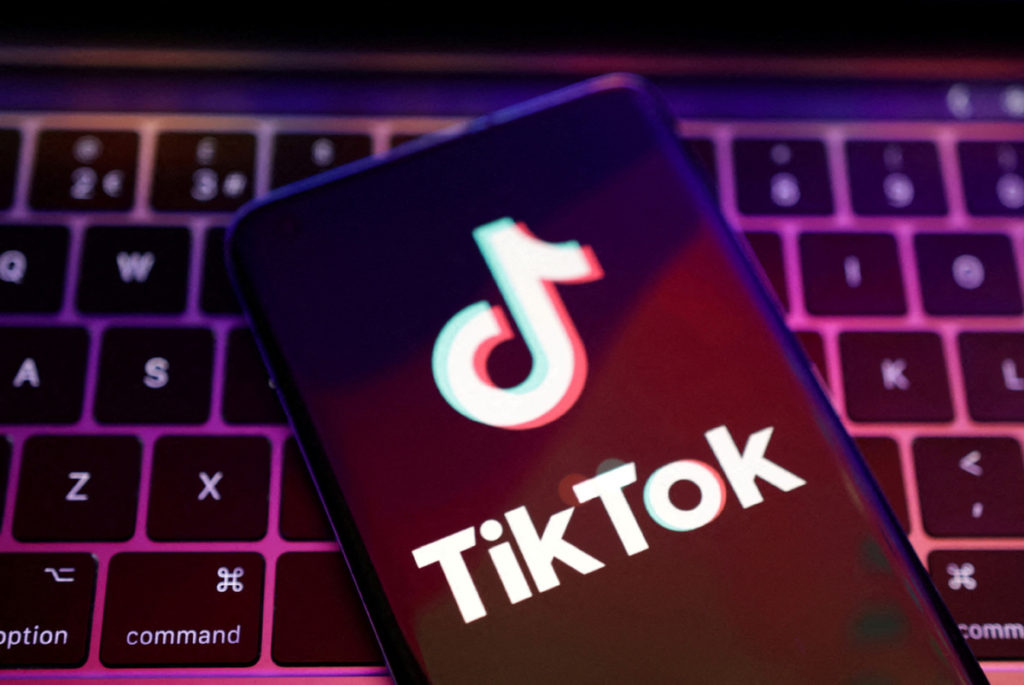|
Getting your Trinity Audio player ready...
|
Many concerns have been raised about why TikTok needs to be banned. TikTok has gained immense popularity among users of all ages worldwide, with its short-form video content and easy-to-use interface.
However, the app has also been mired in controversy due to concerns over data privacy, security, and inappropriate content. In this article, we will discuss ten reasons why TikTok needs to be banned.
- National Security Concerns: The US government has expressed concerns about the app’s Chinese ownership and the potential for the Chinese government to use it as a means of collecting sensitive data on US citizens. The US government believes that such data collection could pose a threat to national security.
- Data Privacy Concerns: There have been concerns raised about TikTok’s data privacy practices, including the collection and storage of user data, as well as the use of that data for targeted advertising. The US government has expressed concerns that the app may be sharing user data with the Chinese government, which has added to national security concerns.
- China-US Political Tensions: There have been concerns that TikTok could be used to influence US politics, particularly during the 2020 US Presidential Election. Some have argued that the app’s algorithm could be used to promote or suppress certain political views, which could be seen as a threat to democracy.
- Negative Influence on Youth: Critics of TikTok have argued that the app promotes harmful and inappropriate content, including hate speech, misinformation, and sexualized content. Some have called for the app to be banned in order to protect young people from exposure to these harmful influences.
- Legal and Regulatory Concerns: TikTok has faced legal and regulatory issues in the United States, including lawsuits related to its data privacy practices and regulatory investigations into its business practices. These issues have led some to call for the app to be banned in order to protect US consumers and ensure compliance with US laws and regulations.
- Lack of Transparency: TikTok has faced criticism for its lack of transparency, including its algorithm and content moderation policies. Some have argued that the app’s lack of transparency could pose a threat to free speech and democratic values, and have called for the app to be banned in order to promote transparency and accountability.
- Competition with American Companies: TikTok’s popularity and success in the United States have raised concerns among some US lawmakers and business leaders that it could pose a threat to American tech companies. Some have argued that TikTok’s rapid growth and popularity could harm US companies by creating unfair competition in the social media and advertising markets.
- Negative Impact on Mental Health: Critics of TikTok have argued that the app’s emphasis on viral content and popularity can have a negative impact on users’ mental health, leading to feelings of inadequacy, anxiety, and depression. Some have called for the app to be banned in order to protect users’ mental health and well-being.
- Violation of Children’s Privacy: TikTok has been criticized for its handling of children’s data and its collection of data on minors. In 2019, the app was fined $5.7 million by the Federal Trade Commission (FTC) for violating children’s privacy laws. Some have called for the app to be banned in order to protect children’s privacy and safety.
- Intellectual Property Theft: There have been allegations that TikTok has engaged in intellectual property theft, including the theft of copyrighted music and other content. Some have argued that this theft of intellectual property could harm US businesses and creators and have called for the app to be banned as a result.
TikTok has become a platform for millions of users to create and share short-form videos, but it also raises a lot of concerns. With its potential to collect user data and its history of security breaches, TikTok poses a risk to its users’ privacy and security.
Moreover, its content moderation policies have been criticized for being inadequate and allowing inappropriate content to circulate. For these reasons, it’s important for policymakers and regulators to take a closer look at TikTok and consider whether it should be banned or subject to more stringent regulations to protect its users.



